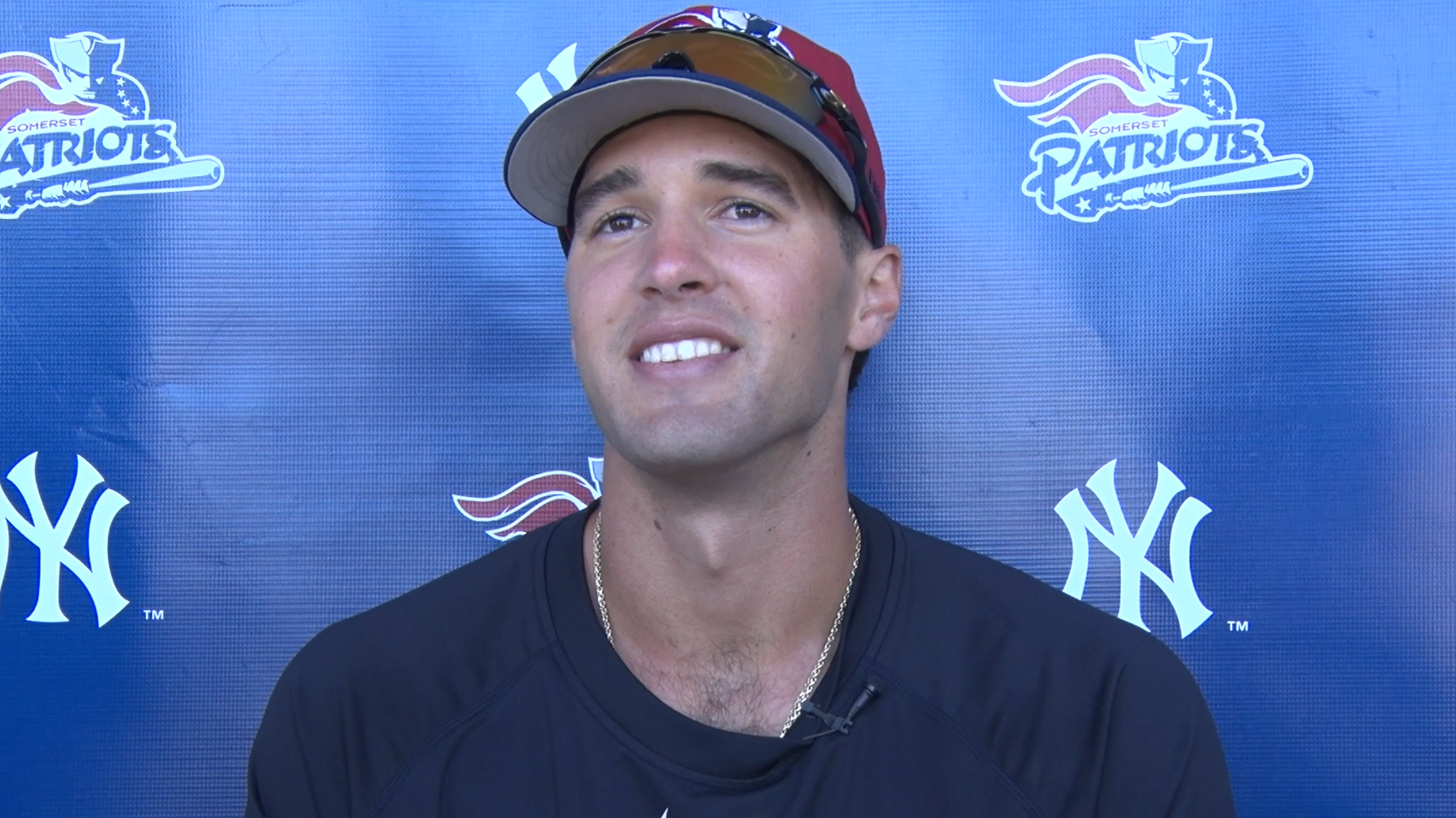Hangzhou: Harmanpreet Singh went down on his knees, kissed the turf and pounded his chest. A heavily-strapped Mandeep Singh danced on one leg. Goalkeeper PR Sreejesh, India’s flag-bearer for the closing ceremony, walked around calmly; not indulging in any over-the-top celebrations.
He was among the first of many Indians to embrace Japanese goalkeeper Takumi Kitagawa, who wept inconsolably after the last edition’s gold medallists could not defend their Asian Games title.
It’s a feeling Indian players are far too familiar with. But this was a rare evening where there were no jitters before the ultimate jubilation. No choking, just a job professionally executed with clockwork precision. A rare evening when India delivered on its expectations.
This was their gold for the taking. And grab they did.
Click here to read all of Mihir Vasavda’s dispatches from Hangzhou
A 5-1 humbling of 2018 champions Japan ensured India’s return to the top of the Asian Games podium after nine years. But if Incheon 2014 was India’s first big step towards resurgence, Hangzhou 2022 – or 2023 – is a statement performance.
India played seven, won seven, scored 68 goals and conceded nine. They hammered Pakistan 10-2, were pushed to the limit by South Korea but still emerged victorious by a comprehensive 5-2 margin and gave Japan no hope of winning two times they played.
This is a golden coronation that comes with more expectations and heightened ambitions. The kind of show that will give rise to the hope that the colour of the medal India won in Tokyo will be upgraded in Paris, given that the gold medal also sealed the Olympic spot.
And the chatter of a medal better than bronze might not necessarily be a bad thing. For it only underpins the rising stature of the Harmanpreet-led side in world hockey. More so, because of the quick turnaround of fortunes after this year’s World Cup debacle.
In January, India looked lost and listless. They were without a coach and bereft of self-belief. An Asian Games gold medal looks taken for granted now. But back then, when the team finished lower than South Korea, the path to the podium in Hangzhou looked hazy.
But then came Craig Fulton.
A plumber earlier in life, the South African has taken it upon himself to plug India’s leaky defence – the cause of many a downfall. While that might still be a work in progress, he’s achieved a lot more in a short span – as the flush of goals suggests.
Reluctant to try out new things, Indian players seem to have embraced Fulton’s philosophies and strategies even though they are, at times, at odds with their first instincts.
Through the Asian Games – and going back to the Asian Champions Trophy – the players have shown the ability to switch tactics midway in a match, defend leads and make comebacks, and be calm enough to move the ball around and find a gap in the defence rather than forcing their way forward.
They even get yelled at by Fulton on the pitch and don’t seem to mind – as Harmanpreet experienced when he got a dose after venturing on a solo trip against South Korea, lost the ball that led to a counter, with the defender out of his position.
The half-court press also seems to be giving India’s forwards space to use their skills better. Hardik Singh continues his incredible rise within the team, emerging as the biggest creative spark in the midfield; Mandeep is revelling in a slightly different role as an assist-provider inside the box rather than an out-and-out scorer; Abhishek is turning into a poacher India has yearned for; Lalit Upadhyay has found his scoring touch while Manpreet Singh is enjoying a second wind after a difficult few months.
But this wasn’t a win based on pure tactical tweaking.
India won the title because they, for the first time, openly addressed a deeper issue that was for decades considered taboo in a team of macho individuals.
There was an acknowledgement that the players first needed to conquer demons in their heads before they conquered opponents on the field.
And so, Fulton convinced mental conditioning coach Paddy Upton to join his set-up. Fulton had tried to get Upton on board twice before – when he was the coach of Ireland and an assistant with Belgium.
But Upton, who was attached with MS Dhoni’s 2011 World Cup-winning side, was baited by the prospect of working with India’s hockey team and he hopped on. Upton has been a towering presence in the dugout. Not saying much but only watching.
Then, in the individual sessions, all the notes he made in a small diary came up for discussion. In their final push for the Asian Games, when the team assembled in Bengaluru in late August, Upton’s inputs were as crucial as Fulton’s. One understanding players’ psyche. The other, adding a layer to the playing style.
Most Read
“We can perform under pressure,” Fulton said, something not many coaches in the past have dared to claim about Indian hockey. “It’s been a massive squad effort, all the staff has put in a huge shift.”
The Asian Games gold, seen in the bigger picture, is in continuation of India’s upward march barring the blip that the World Cup was. It’s the first time since 1982 India are holding the Asian Games medal and an Olympic medal together.
“At the last Olympics we did a great job, then the Asian Championships, now the Asian Games,” Sreejesh said. “Our journey is going in the right direction; we need to keep on continuing it.”








